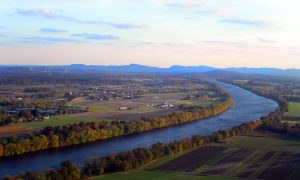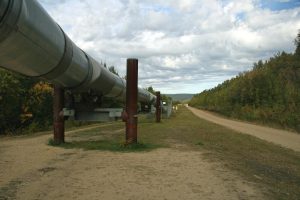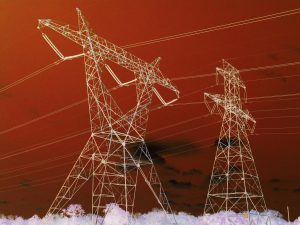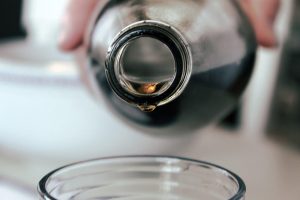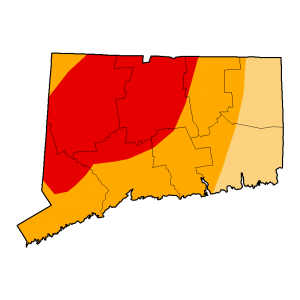Stories
New England’s Ski Industry Prepares For A Changing Climate
For the first time in decades, the length of the U.S. ski season is shrinking.
Read MoreMassachusetts Governor Charlie Baker is again pushing an environmental bill that — if funded — would allow the state to take the reins of a federal water protection program.
Read MoreFormer Vermont Governor Pete Shumlin recently visited Wesleyan University to reflect on his career and discuss ways to combat climate change.
Read MoreThere are many challenges to farming for a living: It’s often grueling work that relies on unpredictable factors such as weather and global market prices. But one aspect that’s often ignored is the cost of health care.
Read MoreEnvironmentalists Say Gas Pipeline Could Cost Twice Initial Projection
Environmental advocates say a planned natural gas pipeline in New England could cost ratepayers more than twice what’s currently projected. And they point to a study that says the pipeline could be unnecessary by as early as 2023.
Read MoreAfter the industrial chemical PFOA contaminated the drinking water of hundreds of people in southern Vermont, legislators wanted to avoid another surprise contamination. So last year, they tasked a working group to figure out how the state could more proactively regulate chemicals. Now the group is back with recommendations.
Read MoreAs natural gas gets diverted for home and other heating this winter, the head of New England’s electricity grid is warning about possible future risks to the region’s power.
Read MoreRhode Island Governor Opposes Railroad Expansion Plan Through Southern Part Of State
Gov. Gina Raimondo’s position statement came as a welcome surprise to dozens of protestors gathered at the Statehouse Wednesday. Residents and lawmakers had crammed into the Statehouse rotunda to protest federal plans to move rail infrastructure in parts of Charlestown and Westerly. Then, Charlestown Town Councilor Virginia Lee told the crowd the governor agreed with them.
Read MoreWhen you buy a container of soda, water, or beer, you pay five cents — and if you return the bottle or can to be recycled, you get that money back. In Connecticut, the program is called “the bottle bill,” and it’s been around since 1980. But now, some are worried the whole system is on the verge of falling apart.
Read MoreConnecticut’s Drought Isn’t Getting Worse, But It’s Not Getting Much Better, Either
The U.S. Drought Monitor said that more precipitation, combined with low temperatures and minimal evaporation, have increased soil moisture. But the agency is still classifying drought in portions of central and northwest Connecticut as “extreme.”
Read More

